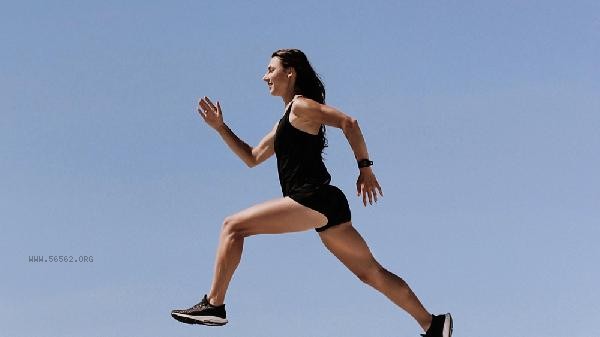Before running, it is recommended to eat a small amount and choose easily digestible, low-fat, and low fiber foods. Before running, factors such as food type, eating time, exercise intensity, personal tolerance, and blood sugar stability should be considered when eating. Eating before running can help prevent low blood sugar and provide the energy needed for exercise, but it is important to pay attention to food selection and timing. High carbohydrate, low-fat foods such as bananas and whole wheat bread can be consumed in small amounts 30-60 minutes before exercise, providing energy without causing gastrointestinal discomfort. People with weaker digestive function should reduce their food intake or eat longer in advance to avoid bloating and abdominal pain during running. Some people may feel more comfortable running on an empty stomach, especially morning runners. On an empty stomach, the lower body will preferentially consume fat, but prolonged high-intensity exercise may lead to hypoglycemia or fatigue. When patients with diabetes, gastrointestinal allergies or scheduled interval training, it is necessary to carefully evaluate whether to run on an empty stomach, and if necessary, carry fast sugar supplements.

Before running, personalized adjustments should be made to the diet to avoid high-fat and high protein foods increasing the burden on the gastrointestinal tract. Timely replenish water and electrolytes after exercise, combined with appropriate carbohydrates and high-quality protein to help with recovery. Long term runners can find the most suitable eating plan for themselves by recording their diet and exercise performance.








Comments (0)
Leave a Comment
No comments yet
Be the first to share your thoughts!